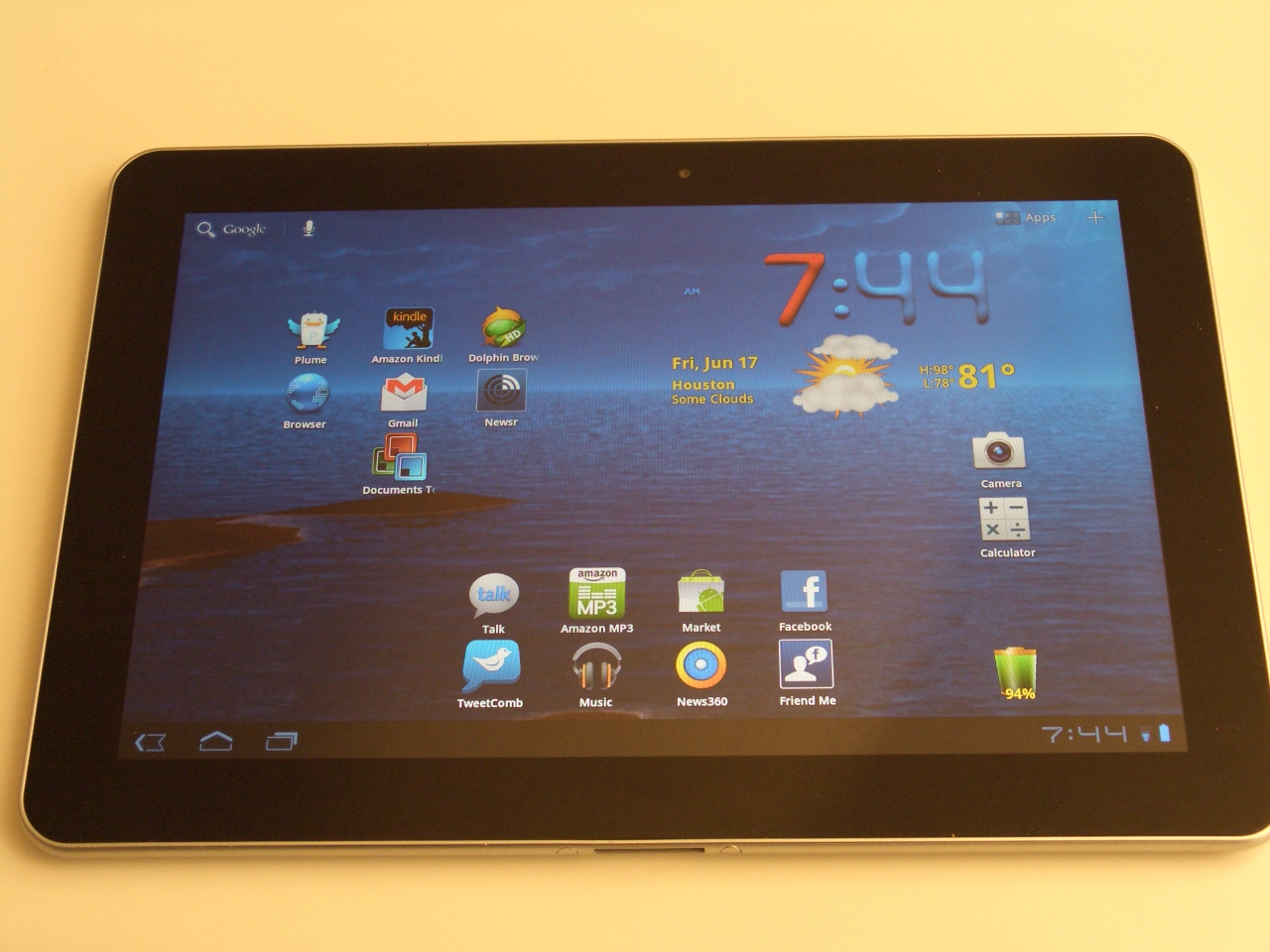The incredible shrinking tablet landscape


Today the tablet competition is basically a two horse race, with the iPad still lapping the competition and Android a distant second. It is not clear how well Android tablets are selling so it is hard to gauge what impact (if any) they have on iPad sales. This is significant as there are multiple companies building Android tablets, the most notable being Motorola, Samsung, Acer and ASUS. Even so, you have to lump them all together to give Android a fighting chance in the race.
Earlier this week Google dropped its own bombshell into the phone and tablet spaces by kicking off the process to buy Motorola Mobility outright. The maker of the Droid phone and the XOOM tablet will remain independent from Google. This looks good on paper but the fact is Google will be a hardware company when the deal goes through later this year, and will be competing with all the Android device makers. I wouldn't be surprised if this merger gives players like Samsung the nudge to get out of the Android tablet business if its sales aren't good enough to make a decent argument for staying. Why would anyone want to compete with the platform owner unless the money was good enough?
That leaves the iPad and Android, which doesn't give consumers much choice. Google's tablet version of Android, aka Honeycomb, had problems at launch earlier this year and has finally settled down with the current version, 3.2. Google is hard at work on the next major version of Android, Ice Cream Sandwich, which is designed to merge the phone and tablet OS for the first time. I would add that Google must use the future version of Android to offer a more compelling user experience than Honeycomb currently does if they expect to make a serious run at the iPad.
I am still not convinced there is a market for non-iPads given the iPad's total domination of the segment. I hope Google makes a good run at the space with Android as we desperately need choice as consumers. The problem with Android tablets is the number of OEMs making them. It is hard for any one company to get enough sales to improve its economies of scale in the supply chain, as Apple can, which limits how low the prices can go. The expected entry of Amazon into the fray may be big enough to give us some healthy competition, but it is unknown when that might happen.
The tablet space has already shrunk from four choices early this year to two currently. If the iPad is indicative of the market, sales aren't shrinking, just the competitors willing to stick out the growth phase of the segment.
See also:
- HP’s TouchPad launch, inventory under the microscope
- Michael Dell: We like Android, but work on Windows 8 tablets ‘encouraging’
- Dell: Does it need a better answer to tablets?
- Should I drink the Apple Kool-Aid?
- Report: Android steals 20% of tablet market share from iPad
- Next wave of tablets land: Will lower prices equate to volume?
- HP TouchPad now cheaper than the iPad
- CNET: Tablet Buying Guide